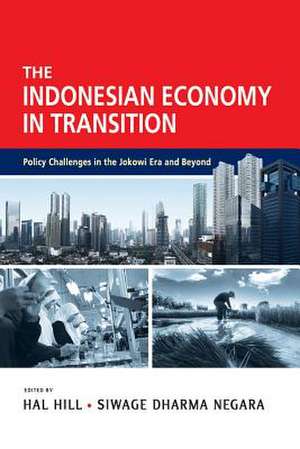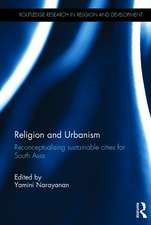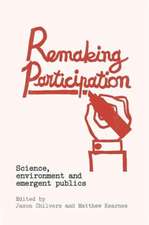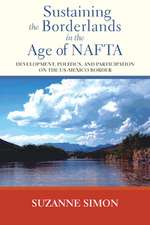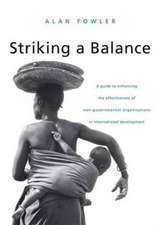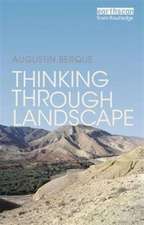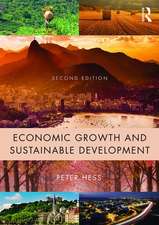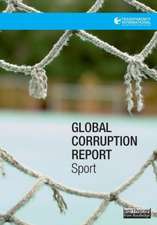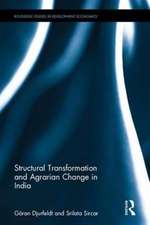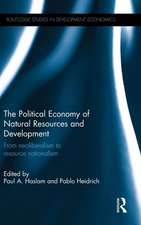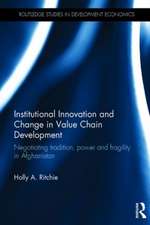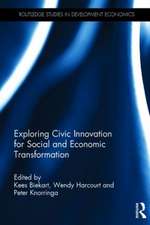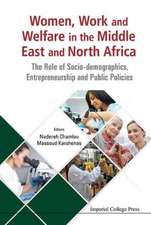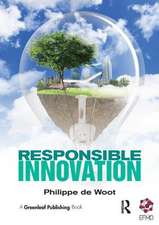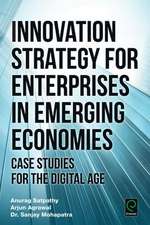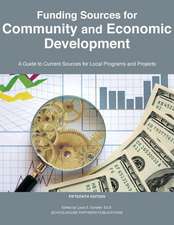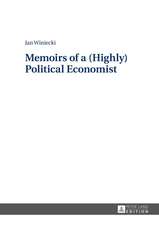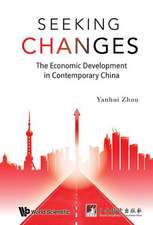The Indonesian Economy in Transition
Editat de Hal Hill, Siwage Dharma Negaraen Limba Engleză Paperback – 6 mar 2019
Preț: 265.06 lei
Nou
Puncte Express: 398
Preț estimativ în valută:
50.72€ • 53.06$ • 42.13£
50.72€ • 53.06$ • 42.13£
Carte disponibilă
Livrare economică 12-26 martie
Preluare comenzi: 021 569.72.76
Specificații
ISBN-13: 9789814843065
ISBN-10: 9814843067
Pagini: 472
Dimensiuni: 152 x 229 x 25 mm
Greutate: 0.68 kg
Editura: Iseas-Yusof Ishak Institute
ISBN-10: 9814843067
Pagini: 472
Dimensiuni: 152 x 229 x 25 mm
Greutate: 0.68 kg
Editura: Iseas-Yusof Ishak Institute
Notă biografică
Hal Hill (Editor) Hal Hill is the H. W. Arndt Professor Emeritus of Southeast Asian Economies at the Australian National University.Siwage Dharma Negara (Editor) Siwage Dharma Negara is Senior Fellow and Co-Coordinator of the Indonesia Studies Programme at the ISEAS - Yusof Ishak Institute, Singapore.
Descriere
As the 25 contributors to this comprehensive and compelling volume document, Indonesia also faces many daunting challenges - how to achieve faster economic growth along with more attention to environment sustainability, how to achieve more equitable development outcomes, how to develop and nurture stronger institutional foundations, and much else.
